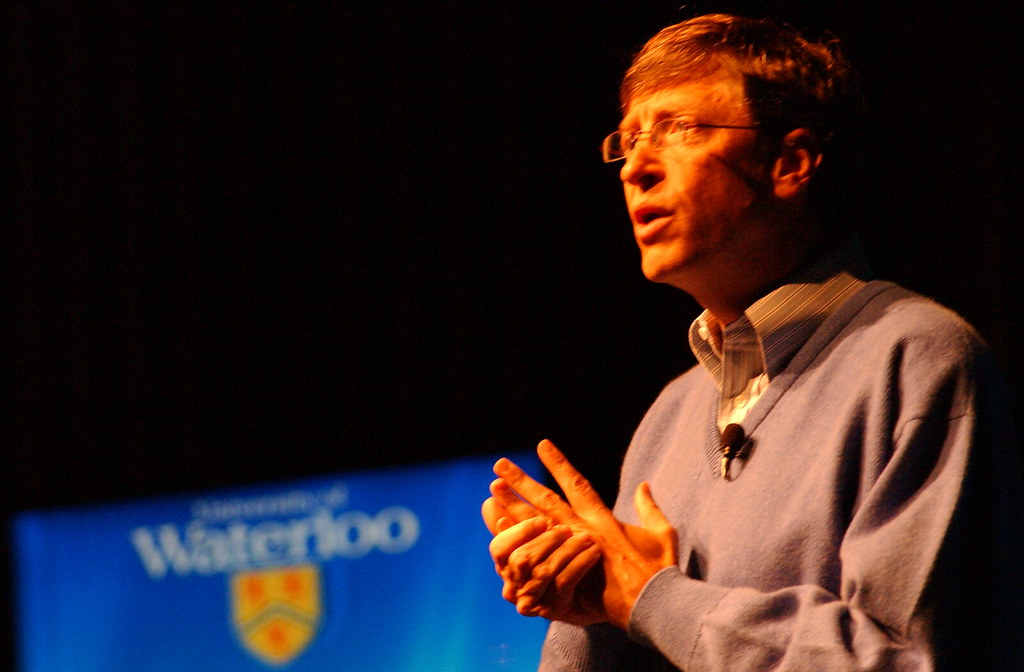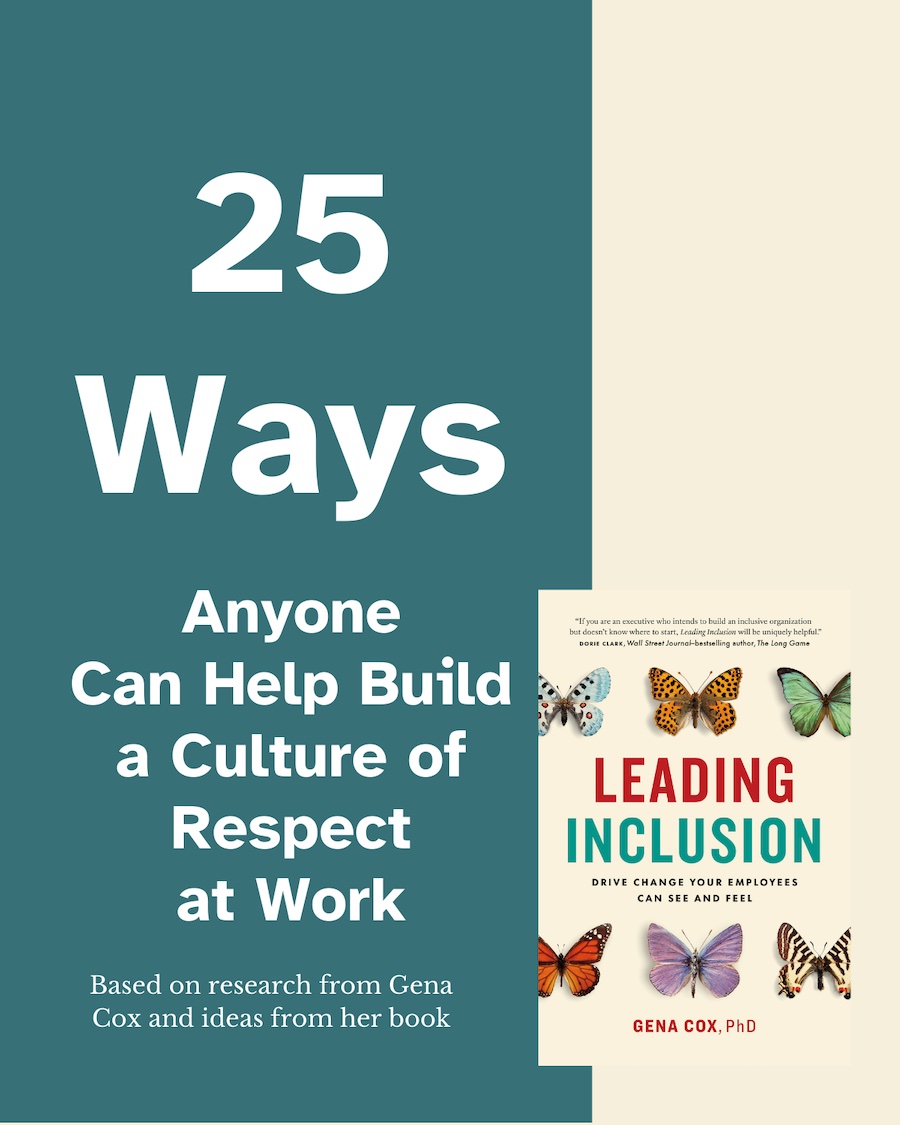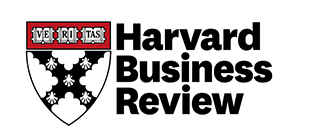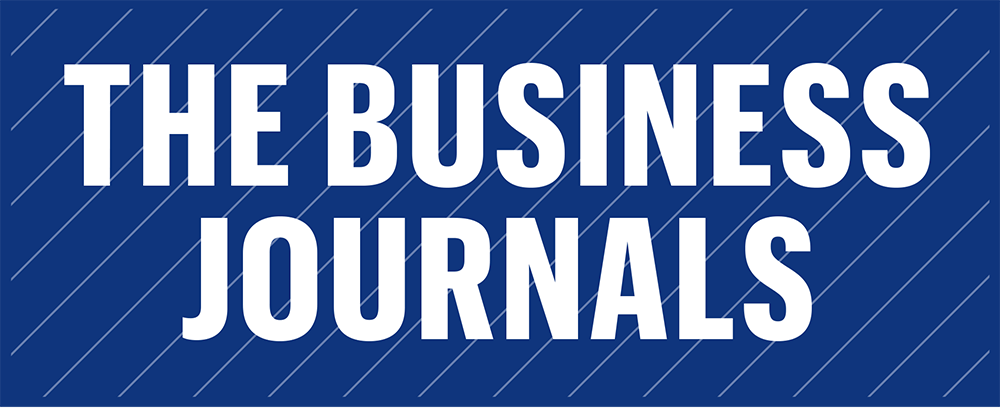AI, The Workplace And Inclusion: Insights From Altman, Gates And Oprah

Oprah Winfrey had a challenging assignment with her recent “AI and the Future of Us” TV special. She had to help a broad TV audience understand complex technology, reveal and clarify how the technology would impact her audiences’ day-to-day lives, and spark curiosity that could help the audience prepare for a fantastic yet scary future world. The show did a great job explaining some of the fundamentals of AI. However, Sam Altman, CEO of OpenAI, the first interview guest, offered few specifics about the future impact of AI. Microsoft founder Bill Gates provided more specific answers on that subject later in the show. This article summarizes some of the critical moments of the conversation, with a focus on the future of work and inclusion.
Oprah Addressed The Main Ideas Quickly
Winfrey covered a lot of ground, asking two kinds of questions: the ones already on audiences’ minds and some surprisingly revelatory ones. Her first two questions to Sam Altman, CEO of OpenAI, were straightforward: “What is artificial intelligence?” and “… tell us in basic terms how ChatGPT works.” Altman responded, “…We have figured out how to make computers smarter, to understand more, to be able to be more intuitive and more useful.’’ Then he explained that his team shows the AI system a thousand words in a sequence and asks it to predict the next word. As the system does this operation over and over and over again, it learns. His explanation was easy to understand.
AI Is Just Getting Started With “Enhanced Reasoning”
Next, Winfrey asked Mr. Altman to “Just take me to 2035.” His response was vague: “I think it’s hard to say where all this can go without sounding like a crazy person … We have this AI that can help us figure out anything.” Despite its opacity, that seemed absolute and predictive in retrospect. On the same day the special aired, OpenAI released its newest model, OpenAI o1, which is described as “a new level of AI capability” with enhanced reasoning and“thinking skills, “much like a person …”
The Show Was More Inclusive Than AI
Next, Winfrey addressed one of AI’s most significant vulnerabilities, “The industry is dominated by a lot of people who look like you, male and white, and very few who look like me,” she stated. And she solicited Altman’s ideas about addressing that problem. Altman acknowledged the lack of diversity in the industry but did not offer a solution. Instead, he suggested that AI, because of its unprecedented capabilities, would imbue its users with new capabilities. “And we want everybody to get to do that, not just the white dudes,” implying that AI would itself be the leveler of opportunity. Data suggests that the racial and ethnic under-representation issue in AI persists, though slightly improved. And that the problem threatens the accuracy of AI itself. In a later media interview, Oprah said, “Find yourself Black and Brown people who’ve been doing it and hire them.”
The overall show itself was more inclusive than AI. There was a definite mix of AI advocates, critics, and those in the middle. In addition to technology leaders like Altman and Gates, Oprah interviewed Tristan Harris and Aza Raskin from the Center for Humane Technology, FBI Director Christopher Wray, YouTuber Marques Brownlee, chaplain Kaiser Aslam, and Pulitzer Prize-winning novelist and essayist Marilynne Robinson. In comments interspersed among the primary interviews, a diverse group of non-celebrities offered their experiences and concerns about AI.
AI Will Change Jobs And Workers’ Sense of Purpose
Altman offered no specific predictions about how AI would change the work world. “The rate of change in the world and the economy from this, we haven’t seen it yet, he said. Bill Gates was more specific, predicting that AI, especially in its “robot embodiment,” would affect not only white-collar jobs but “is taking a lot of blue-collar type things, whether it’s warehouse work or factory work, or even cleaning rooms, cooking things like that.”
At this point, Oprah observed that these changes would impact not only people’s livelihoods but also their sense of personal dignity, purpose, and meaning. Gates agreed, adding, “… the way that we organize it and maintain people’s dignity will require a lot of engagement and picking leaders who are attuned to taking that access and making sure we’re all sharing fairly…”
The Non-Celebrity Guests Were Incisive
From a future of work perspective, the non-celebrity guests were the stars of the show. While they might not know as much about AI as those who are building it, the comments from the show’s lesser-known participants were incisive and honest, as reflected in these three quotes:
- Worry about job displacement: “I fear that AI is going to take a lot of people’s jobs.”
- Liking AI more than expected: “I did not like it when I first got there, but I couldn’t imagine being without it.”
- Taking action to future-proof career: “I think that made me shift to nursing school because, basically, I’m always going to be, I’m trying to future-proof myself. Am I going to be successful? It’s a real question.”
So, what are the implications of this conversation for leaders and employees?
Implications For Leaders
- Recognize the lack of talent diversity in AI development and ensure that the missing perspective does not negatively impact your operational and talent management decisions. Be particularly careful with hiring decisions based on AI assessments. Ask AI vendors questions about the validity of their algorithms before, not after, buying them.
- Reskill the workforce simultaneously or before AI implementation.
- Acknowledge that employees are concerned not only about AI displacing them from their jobs but about the psychological impact on stress, dignity, purpose, and meaning of work.
- Develop your human leadership and appreciation skills, especially empathy and respect.
Implications For Workers
- Keep up with AI so you don’t get left behind. “Engage with it, as Bill Gates recommends. Become familiar with AI now, before it becomes all-pervasive.
- Don’t wait for your manager to train you. Set aside time to develop these skills, even if your employer is not asking you to do it. Think about how what you learn could be used to advantage in your current job or to prepare you for the next step on your career development journey.
- Focus more than ever on developing your interpersonal skills. As AI develops, what makes you uniquely human will help you stand out from those who over-rely on AI.









